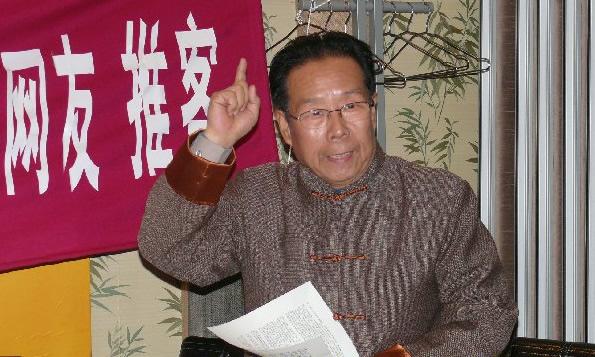The retired Communist Party official Xin Ziling was several years ago told to shut up. Hardliners in the Party had become frustrated at what they considered his “liberal” agitating—signing a petition supporting freedom of speech, talking in public on the sensitive subject of political reform.
Now, he’s back. For about the past six months, Xin (pronounced “sin”) has been active in setting forth his theory of the secret operations of Chinese politics to a number of overseas Chinese media outlets.
His take-away message is that Chinese politics is currently defined by the “death match“ between Xi Jinping, the current leader of the Communist Party, and Jiang Zemin, the Communist Party leader from 1989 to 2002, who wielded behind-the-scenes power for the next decade. Jiang is the biggest threat to Xi Jinping’s rule, Xin says.
Part of Xin Ziling’s analysis of the Communist Party’s notoriously opaque system seems intuitive—though other parts of it defy the neat explanations offered by Western observers. Much of the thrust of Xin’s analysis has been reported by this newspaper for several years.
Among his most fundamental ideas: The Party is riven. Factionalism inside the Communist Party persists, Xin says, and this plays out in many of the policies and actions taken by elements of the regime, where, Xin contends, it may not be Party leader Xi Jinping himself leading the policy, but instead driven by his opponent, Jiang.






